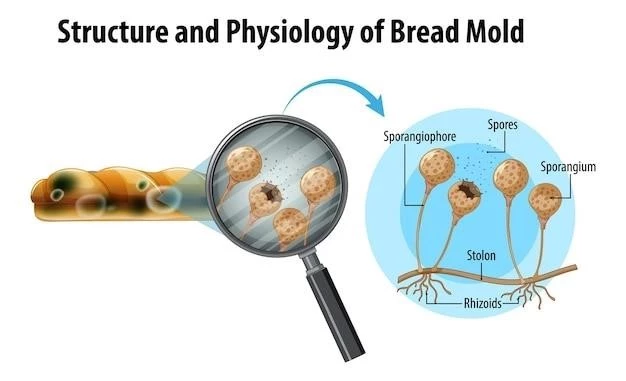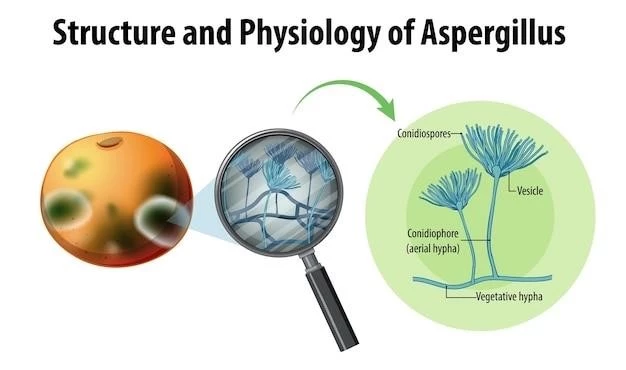Microcephalic primordial dwarfism, Toriello type, is a rare disorder characterized by growth retardation, cataracts, microcephaly, intellectual deficit, and other symptoms.
Microcephalic primordial dwarfism, Toriello type, is a rare genetic disorder characterized by growth retardation, cataracts, microcephaly, intellectual deficit, immune deficiency, delayed ossification, and enamel hypoplasia. It typically presents with prenatal onset and has been described in siblings. This condition is distinct due to its unique set of physical and cognitive symptoms, setting it apart from other forms of primordial dwarfism.
Definition and Characteristics
Microcephalic primordial dwarfism, Toriello type, is a rare genetic disorder characterized by growth retardation, cataracts, microcephaly, intellectual deficit, immune deficiency, delayed ossification, and enamel hypoplasia. It typically presents with prenatal onset and has been described in siblings. This condition is distinct due to its unique set of physical and cognitive symptoms, setting it apart from other forms of primordial dwarfism.
Genetic Mutation
The genetic mutation responsible for Microcephalic primordial dwarfism, Toriello type is associated with abnormalities in specific genes that play a crucial role in the development and functioning of various bodily systems. These genetic mutations lead to the distinct characteristics and health issues observed in individuals affected by this rare disorder. Understanding the underlying genetic basis is vital for accurate diagnosis and potential future treatment strategies.
Symptoms and Diagnosis
Toriello type of microcephalic primordial dwarfism presents a combination of growth retardation, cataract development, microcephaly (small head size), intellectual disabilities, immune deficiencies, delayed bone formation, and defects in tooth enamel.
Common Signs
Individuals with Microcephalic primordial dwarfism, Toriello type may exhibit growth retardation, cataracts, microcephaly, intellectual deficits, immune deficiencies, delayed ossification, and enamel hypoplasia as common signs of the disorder. These characteristic features are often present from prenatal onset and can aid in the diagnosis of this rare condition.

Treatment and Management
Management of Microcephalic primordial dwarfism, Toriello type involves providing supportive care to address individual symptoms and may include interventions to support growth, eye health, cognitive development, and immune function.
Medical Interventions
Medical interventions for Microcephalic primordial dwarfism, Toriello type focus on addressing individual symptoms such as growth retardation, cataracts, microcephaly, intellectual deficits, immune deficiencies, delayed ossification, and enamel hypoplasia. Treatment strategies may include specialized care by multidisciplinary teams to manage the diverse needs of affected individuals.

Prognosis and Life Expectancy
The quality of life for individuals with Microcephalic primordial dwarfism, Toriello type can vary depending on the severity of symptoms and the management strategies employed. Understanding the challenges associated with this condition is crucial in improving outcomes and enhancing overall well-being.
Quality of Life
Understanding the challenges individuals with Microcephalic primordial dwarfism, Toriello type face can help healthcare professionals and families provide better support, enhance well-being, and improve overall quality of life. Access to comprehensive care and community resources is essential for optimizing outcomes and ensuring a supportive environment for those affected by this rare disorder.
Support and Resources for Individuals and Families
Accessing adequate support and resources is essential for individuals and families affected by Microcephalic primordial dwarfism, Toriello type. Community assistance programs and specialized care providers can offer valuable assistance in managing the challenges associated with this rare genetic disorder.
Community Assistance
Community assistance programs play a vital role in providing support and resources for individuals and families affected by Microcephalic primordial dwarfism, Toriello type. These programs offer valuable services, guidance, and a network of understanding individuals who can help navigate the challenges associated with this rare genetic disorder. By connecting with community assistance initiatives, affected individuals and their families can access both practical and emotional support to enhance their quality of life and ensure comprehensive care.
